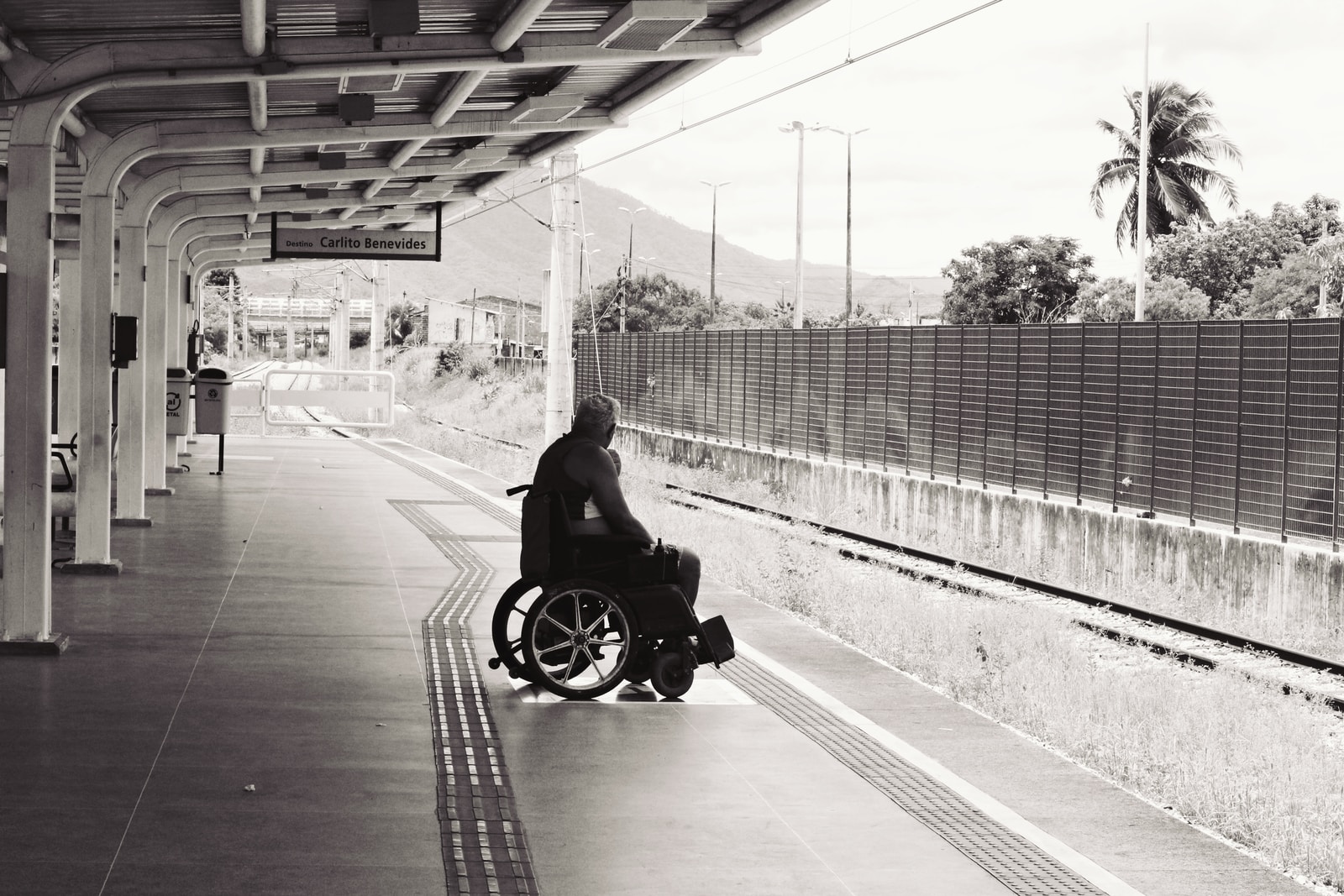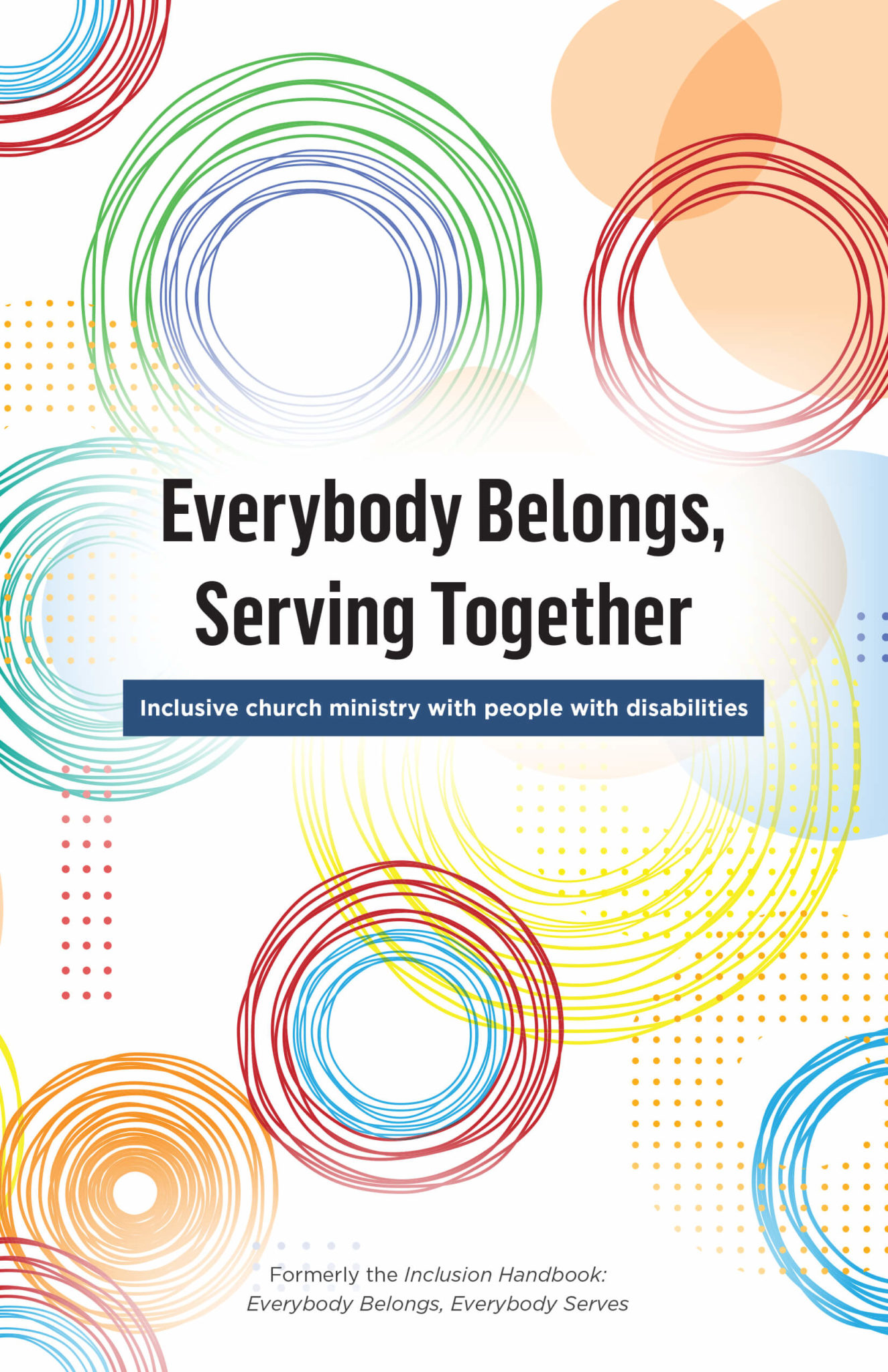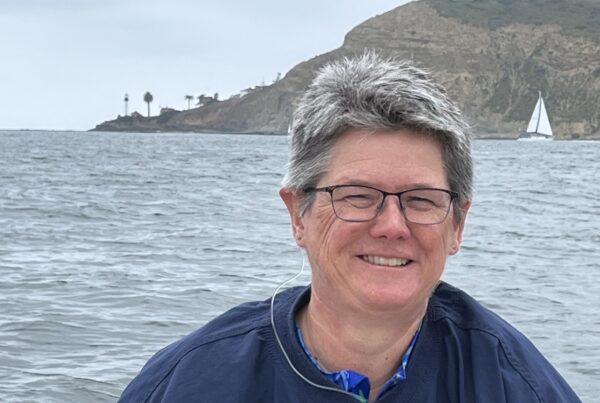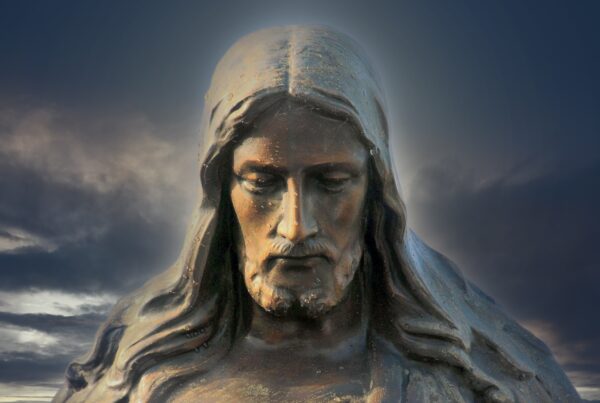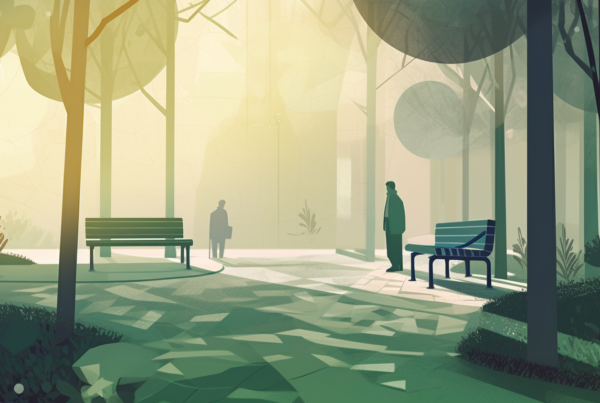Few people in my local congregation had realized that our church entrance was difficult to navigate until one of us saw Polly, an elderly woman, struggling to walk up the two steps out front. Because of our abled privilege, we didn’t notice that our entrance wasn’t accessible to everyone.
Polly’s struggle led our church council not only to create a ramp with a railing, but also to reimagine our sanctuary for people with challenges to their physical mobility. We needed awareness, information, and action in order to eliminate barriers to welcome. Churches can identify and overcome these same types of barriers—barriers erected, often unconsciously, as a result of the unnoticed privileges afforded to some individuals and groups of people.
What privilege means
The word privilege originally referred to a set of legal rights offered to one segment of the population. The privilege of voting in a presidential election, say, was once reserved for land-owning white men. Just as access to voting has expanded, the word privilege itself has expanded over time. Privilege is now used not only in this legal sense, but also to refer to social advantages given to one group and not another.
People with disabilities have lived outside the walls of legal and social privilege for much of North American history. Laws once excluded people with disabilities from the public school system, and some laws currently permit discrimination against people with disabilities in the workplace. Social privilege can also work to exclude people with disabilities. For instance, my friend Jessica, who has cerebral palsy and walks with canes, avoids cities that do not provide escalators to access public transportation. Our daughter Penny, who has Down syndrome, was rejected from a preschool based upon her diagnosis without any evaluation of her in person.
How abled privilege leads to barriers for people with disabilities
Community spaces, including places of worship, can communicate an unspoken welcome to certain social groups and not others through their architecture and programs.
Social privilege often goes unnoticed by the people who hold it, but it harms the privileged and the disadvantaged alike as we cut ourselves off from one another. The first step in overcoming the barriers erected through any type of privilege is to become aware of the divisions and the harm they perpetuate.
The second step (though these steps might happen in inverse order!) is to understand our common humanity. One of the insidious harms of privilege is the subtle way it convinces people that some are more valuable and necessary to the body of Christ than others.
What churches can do to be more aware of barriers
Awareness of divisions and of our common humanity then leads to the third step—meaningful action taken to expand welcome. Churches will begin to experience healing from the harm of social divisions as members with disabilities emerge not only as “people in need of help” but also as people with gifts to offer. Similarly, healing will happen in the able-bodied members as they see themselves not only as people with abilities but also as people with needs.
With awareness, information, and action, churches can better see the social divisions within our culture at large, welcome a greater number of people from the outside community, and live into our calling to be places where the privilege of being human extends to everyone.
Listen to the audio version
From Everybody Belongs, Serving Together
Explore the full guide to inclusive ministry with people who have disabilities
- Stories and guidance directly from people who have disabilities
- An interactive accessibility audit with personalized recommendations for your church
- Suggestions for engaging with people who have specific disabilities, from hearing loss to autism
- So much more!
Amy Julia Becker
Amy Julia Becker is an award-winning writer and speaker on faith, family, disability, and privilege. A graduate of Princeton University and Princeton Theological Seminary, Amy Julia lives in western Connecticut with her husband, Peter, and their three children, Penny, who has Down syndrome, William, and Marilee.
